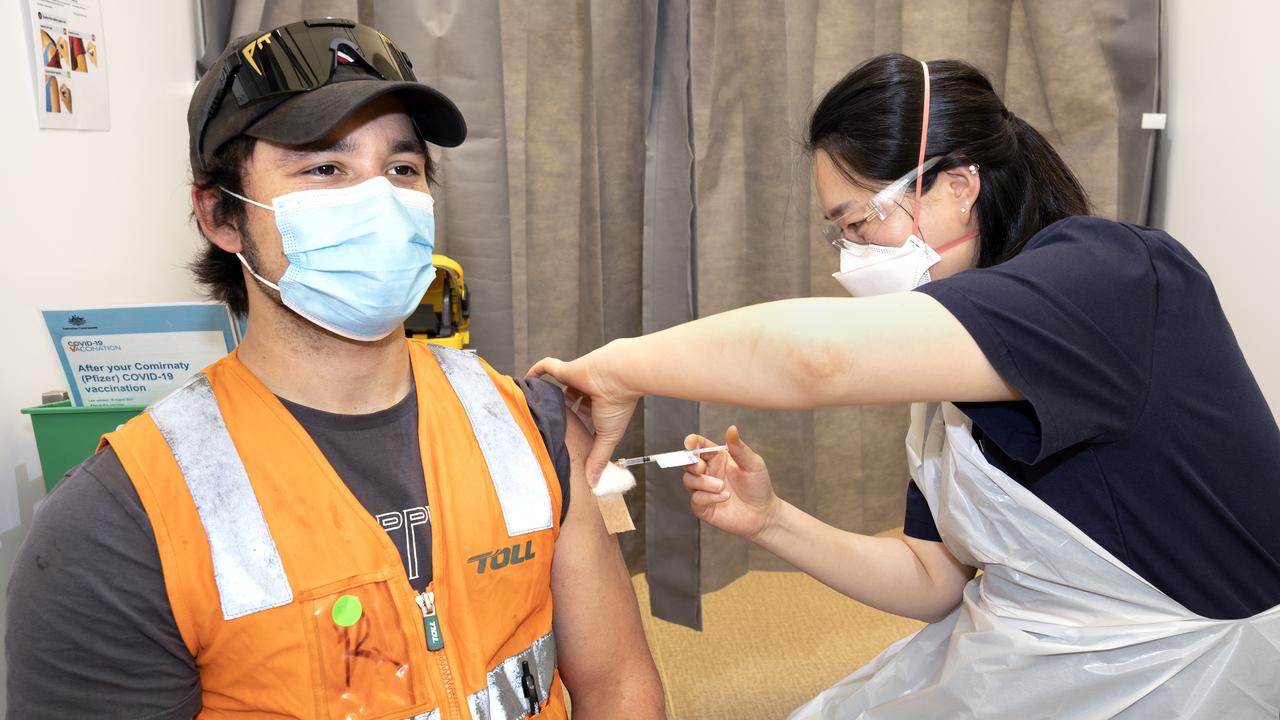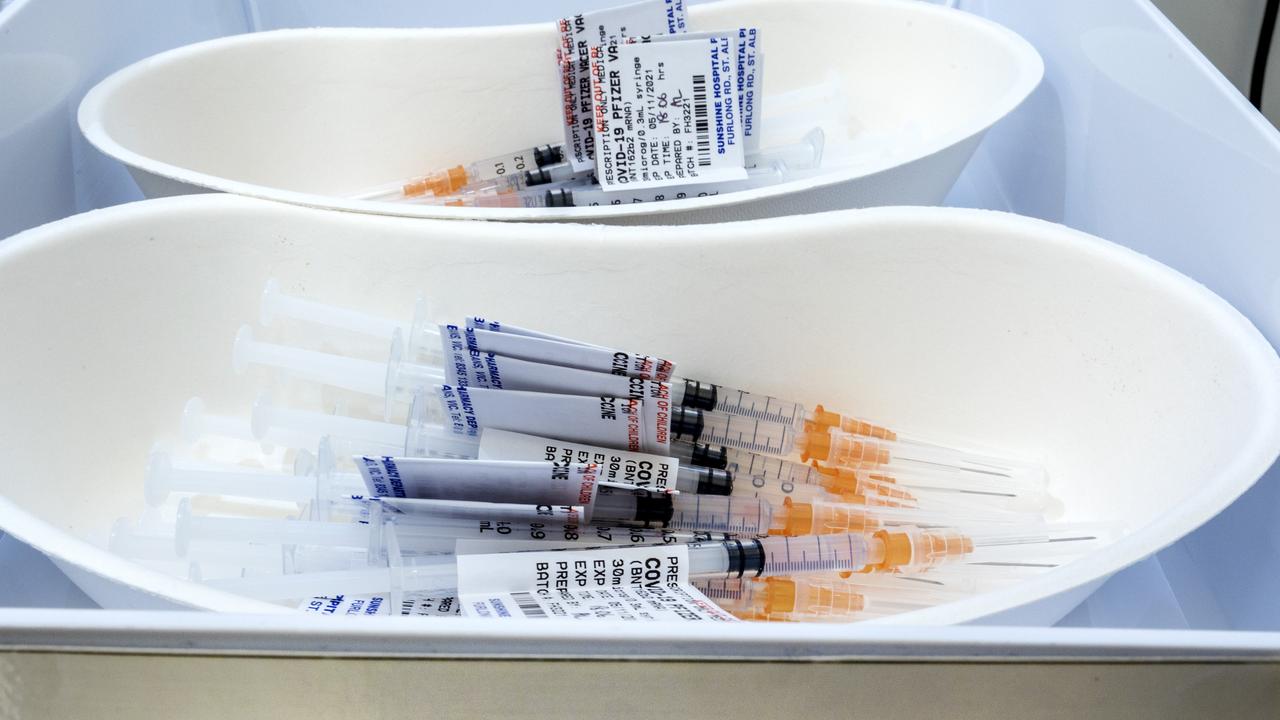Covid-19 vaccines likely prevented thousands of deaths in NSW
New research has revealed the huge number of deaths Australia’s Covid-19 vaccination campaign likely prevented in NSW.
It is likely Australia’s Covid-19 vaccination campaign prevented almost 18,000 deaths in NSW alone between 2021 and 2022, with the mortality rate in unvaccinated individuals almost eight times higher than those who were fully vaccinated, new research has found.
New research from RMIT University and Monash University found Australia’s Covid-19 vaccination campaign likely prevented the death of 17,760 people aged over 50 in NSW between August 2021 and July 2022.
The research used a data-driven counterfactual approach to ask what death rates from Covid-19 would have been like if no vaccine had been available, said Professor Adrian Esterman, chair of biostatistics at the University of South Australia.

He said the researchers, who focused on those aged 50 and over and only used data from NSW since “access to full official Australian government datasets was not possible despite extensive efforts”, found that unvaccinated individuals had 7.7 times the Covid-19 death rate compared to those with two or more doses.
“This increased to 11.2 times the death rate when comparing the unvaccinated to those who had one or more booster shots,” Professor Esterman said.
“In the total absence of a vaccination program, they estimated that over the 48-week period, there would have been 21,250 Covid-related deaths — six times the actual rate.
“One mistake that vaccine sceptics keep bringing up is that the majority of Covid-related deaths are in those who have been vaccinated – therefore the vaccines do not work, or even cause death.
“The authors rightly point out that a fairer comparison is to look at the death rate in those unvaccinated compared to those vaccinated, which immediately shows how important the vaccination program has been in preventing Covid-19-associated deaths.”

Professor Tony Blakely, epidemiologist and public health medicine specialist in the Centre for Epidemiology and Biostatistics at the University of Melbourne, said the study’s number of estimated deaths averted was probably an underestimate, as “higher vaccination rates would have had positive spillover effects of reducing transmission.”
“In future pandemics, we hope that vaccines will be good at both stopping you dying and stopping you transmitting the virus – as this would reduce the health loss even more,” he said.
“That said, for this pandemic with the vaccines we had, an elimination strategy and delaying opening up until most of us had been vaccinated was (clearly) the least worst option we could have pursued.”





